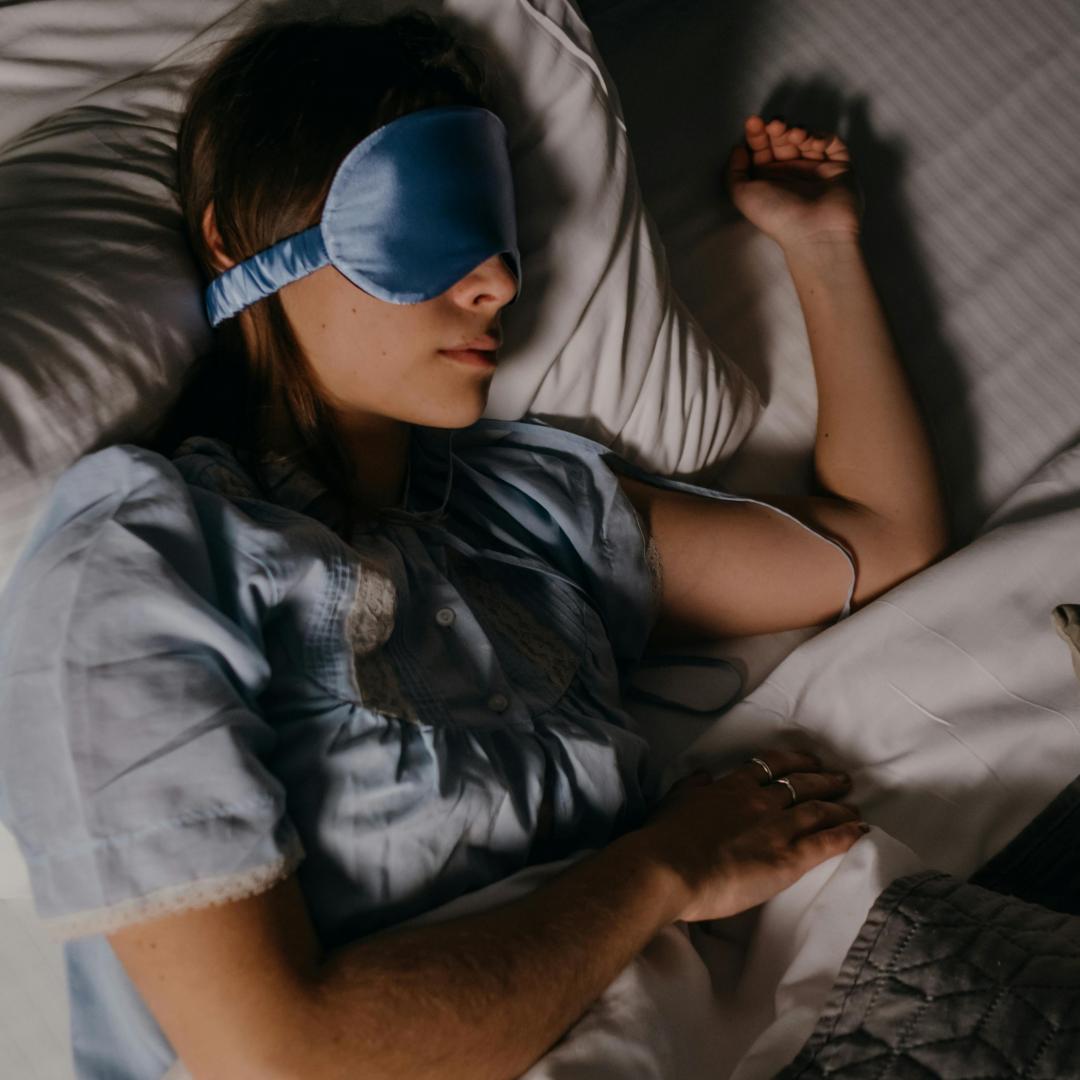Sleep Hygiene 101: Tips for Restful Nights
Today sleep often takes a back seat to other priorities. Yet, a good night's rest is crucial for our physical health, mental clarity, and emotional well-being. Poor sleep can lead to a myriad of issues, from diminished cognitive performance to heightened stress levels. Sleep hygiene, a collection of habits and practices conducive to achieving restful, high-quality sleep, can be the key to ensuring you get the rest you need.
Understanding Sleep Hygiene
Sleep hygiene encompasses various strategies to promote better sleep. It's about creating a conducive environment and establishing habits that align with the body's natural sleep-wake cycles.
Why It Matters
The benefits of proper sleep hygiene extend beyond simply feeling rested. Quality sleep enhances memory, sharpens attention, strengthens the immune system, and stabilizes mood. It also plays a role in reducing the risk of chronic illnesses. Conversely, poor sleep can contribute to weight gain, depression, and a weakened immune response. Therefore, prioritizing sleep hygiene is essential for overall health and productivity.
Tips for Improving Sleep Hygiene
1. Consistent Sleep Schedule
Aim to go to bed and wake up at the same time every day, even on weekends. This reinforces the body's natural circadian rhythm and can make falling asleep and waking up easier.
2. Create a Relaxing Bedtime Routine
Engage in relaxing activities an hour before bed. This could include reading, taking a warm bath, or practicing mindfulness meditation. Establishing a routine signals to your body that it's time to wind down.
3. Optimize Your Sleep Environment
- Comfortable Bedding: Ensure your mattress and pillows support your sleeping style and provide comfort.
- Darkness and Quiet: Use blackout curtains and earplugs or white noise machines to minimize light and noise disruptions.
- Cool Temperature: Keep the room slightly cool, around 60-67°F (15-19°C), which is considered optimal for sleep.
4. Limit Exposure to Light and Screens
Blue light from phones, tablets, and computers can interfere with melatonin production—the hormone responsible for sleep. Try to avoid screens an hour before bedtime and consider using night mode settings on your devices.
5. Be Mindful of Food and Drink
- Avoid Heavy Meals: Large meals close to bedtime can cause discomfort and indigestion.
- Limit Caffeine and Alcohol: Both can disrupt sleep patterns, so it's best to avoid them several hours before bed.
- Stay Hydrated, But Not Just Before Bed: Drink enough water during the day to prevent waking up thirsty, but limit intake in the evening to avoid nocturnal bathroom trips.
6. Exercise Regularly
Regular physical activity can help you fall asleep faster and enjoy deeper sleep. However, it's best to avoid vigorous workouts close to bedtime as they may increase alertness.
7. Manage Stress Levels
High stress and anxiety levels can hinder your ability to fall and stay asleep. Incorporating stress-reduction techniques, such as deep breathing exercises, yoga, or journaling, can promote relaxation and improve sleep quality.
8. Use Natural Light to Your Advantage
Expose yourself to natural light during the day, especially in the morning. Sunlight helps regulate circadian rhythms, making it easier to fall asleep at night.
9. Consider Sleeping Tools
If you struggle with sleep despite optimizing your environment and habits, consider tools like sleep masks, white noise machines, or weighted blankets to enhance relaxation and comfort.
Conclusion
Prioritizing sleep hygiene involves more than just turning off the lights at bedtime. It requires a holistic approach to creating an environment and lifestyle conducive to rest. By following these tips, you'll not only improve the quality of your sleep but also enhance your daily life, boosting your energy and productivity. After all, sleep is a vital pillar of health—treating it as such will lead to a better, more restful night's sleep.






















